Words Of Women
Debbie Taylor
Debbie Taylor is nothing short of a trailblazer, whose commitment to levelling the literary playing field has been a beacon of hope and inspiration for women writers for over a quarter of a decade. From journalist to novelist and founder of revered writing magazine Mslexia, now Debbie takes us on her journey of resilience, resistance, and a mighty revolution within a landscape in desperate need of the amplification of women’s voices.
Interview by Jane Imrie
Photographs by Christopher Owens
When I met Mslexia founder Debbie Taylor, I was aptly reminded of a line from Shanghai Baby by Wei Hui, the sensational cult classic which was burned in the streets in China and condemned by the government - and incidentally, my favourite novel written by a woman.
“This is a woman you could not be indifferent to.”
For a force of nature like Debbie, who has been nothing short of instrumental in transforming the literary world for women, a decommissioned lighthouse overlooking the crashing waves of the North Sea seems like the obvious place to work, rest and reflect on her impressive and varied career journey, which includes working with the likes of Oxfam, the BBC, Channel 4, UNICEF and WHO.
“When I had a baby, it all stopped. Not only that, I didn't have the time to write novels anymore. It was then I realised that women are really impeded in their literary careers by their caring roles.”
It was a chilly October afternoon when Debbie warmly welcomed me into the home she shares with her partner and daughter, which sits at the crest of the hill like a yellow crayon sun on a child’s drawing, illuminating the whole scene from its corner. It is predominantly from here that she runs Mslexia, a unique literary magazine for women writers which is fast approaching its 25th anniversary and 100th issue.
Once inside the lighthouse, a captivating hotchpotch of treasures and trinkets gave me a glimpse into the colourful life of its occupant. Debbie has certainly amassed a vibrant patchwork of personal and professional experiences, from researching neuropsychology in London to writing on the edge of the Kalahari Desert, from embracing remote living on a Greek Island to bringing local stories to life in South East Asia.
The thousands of books lining the walls of this coastal sanctuary also give Debbie away as a voracious reader and a prolific writer, with several of the spines bearing her own name. Publishing four fiction and two non-fiction books alongside countless essays and articles, Debbie has established herself as a credible voice in the literary world.
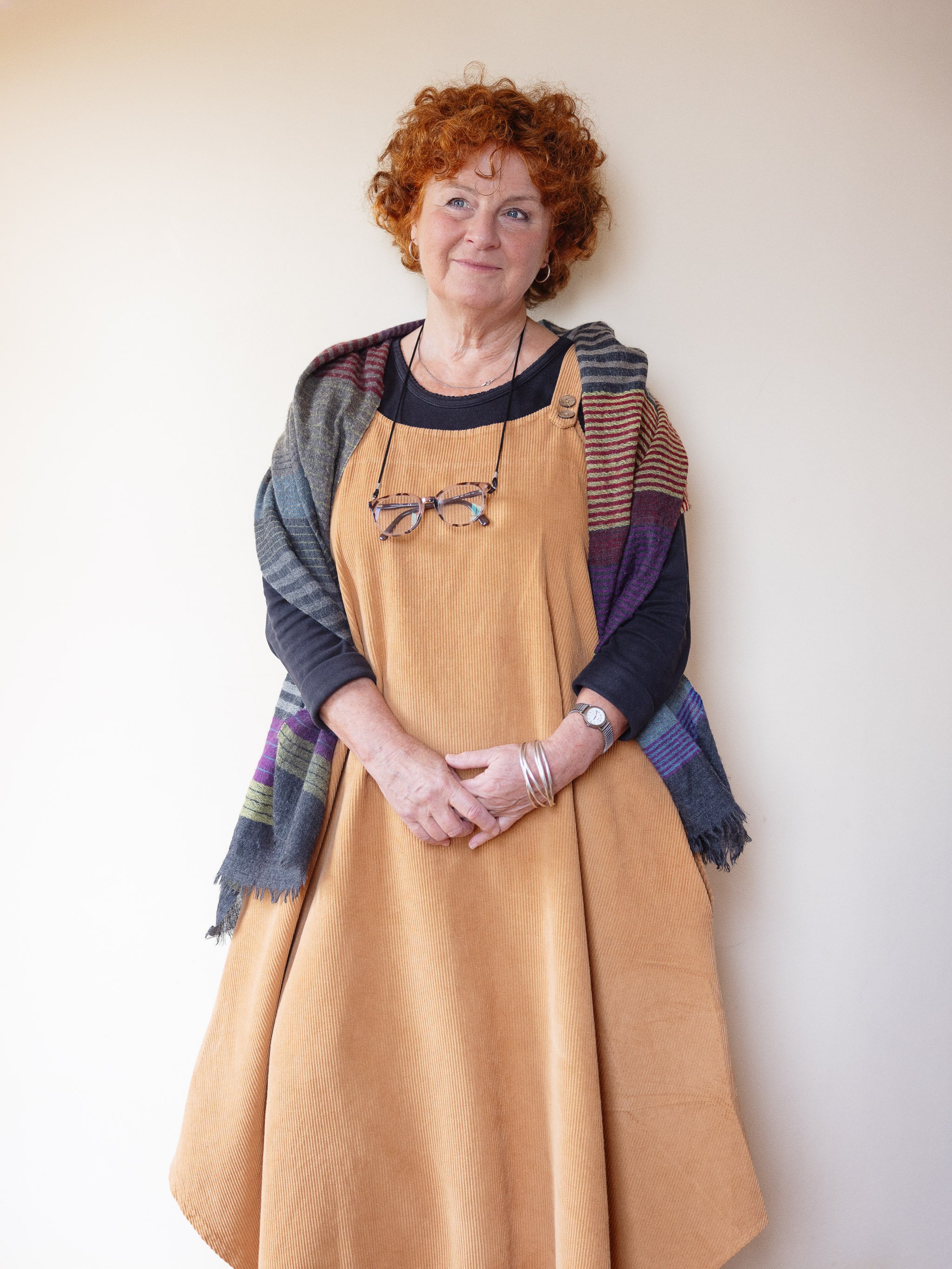
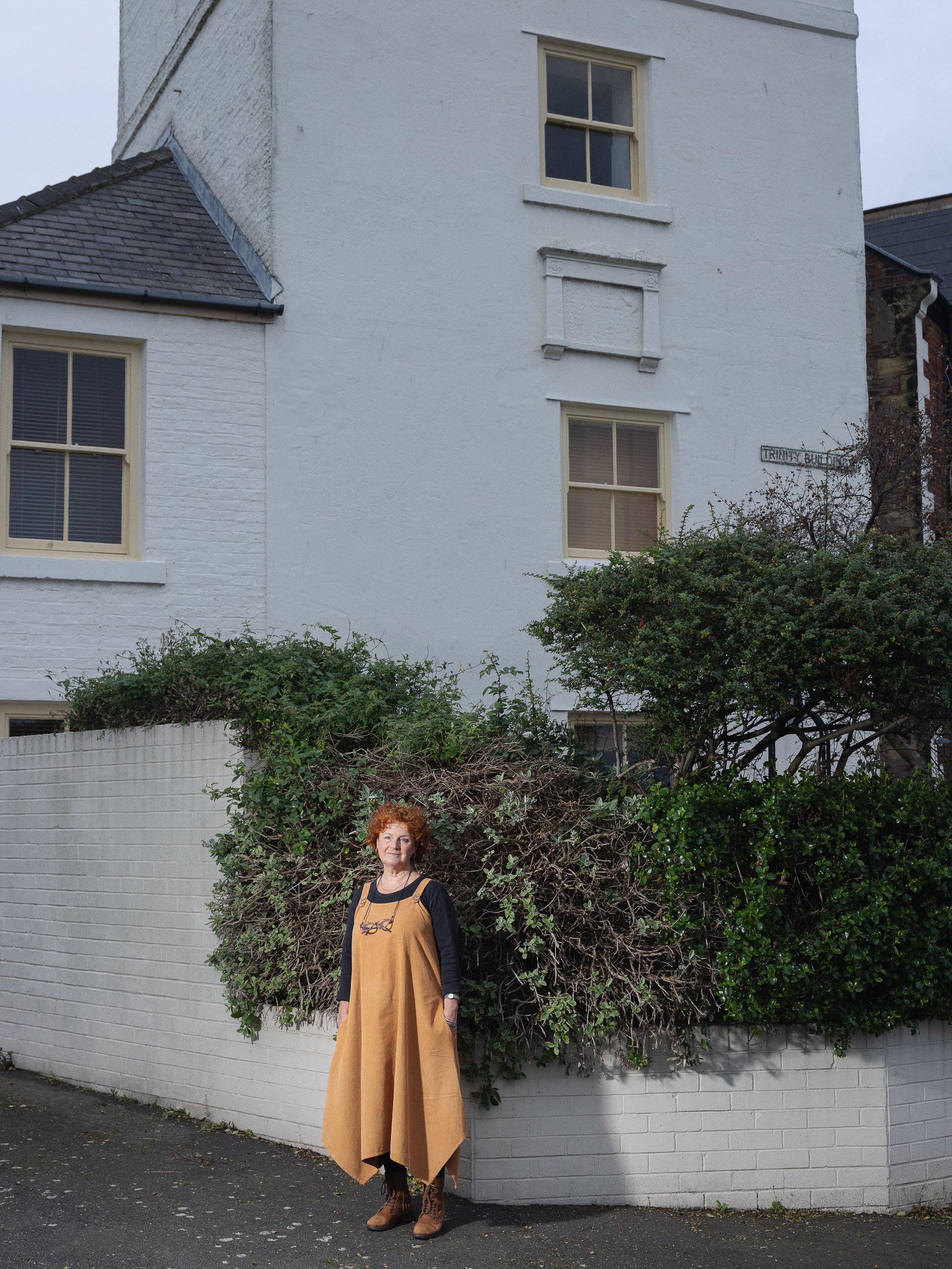
The turning point for Debbie was the birth of her daughter, which made her face a stark realisation about realities of writing as a woman: “When I had a baby, it all stopped. Not only that, I didn't have the time to write novels anymore,” she explained, “It was then I realised that women are really impeded in their literary careers by their caring roles.”
“My earlier research as a neuropsychologist told me what is very well known: that young girls learn to speak earlier than boys, they learn to read and write earlier than boys and their advantage in verbal abilities persists all the way through their lives.
“So given that, women really ought to be winning all the prizes and in charge of everything when it comes to literature. But they don’t.”
It was these thoughts, as well as some illuminating readership and submission figures from her time on the editorial collective of independent publication Writing Women, that prompted a lightbulb moment for Debbie: “At Writing Women, We had 500 subscribers - but as many as 5,000 submissions every year, at least. It just occurred to me that there was that imbalance, there was something going on there.
“I realised that perhaps people would be more interested in a different kind of magazine that wasn't just reading other people's writing, but was helping them write themselves - for women.”
This demand for a resource for women writers as well as her own experiences were the starting points for what was to become Mslexia - a word coined by Debbie to encapsulate the disconnect between women’s literary abilities and their accolades.
“We added a new word to the language,” Debbie smiled, “A word that describes a phenomenon that there wasn’t already a word for, but something that we all know exists. Once you've got a word for it, then the phenomenon itself stops being assumed anymore, it becomes something that you can discuss and look at.”
“I realised that perhaps people would be more interested in a different kind of magazine that wasn't just reading other people's writing, but was helping them write themselves - for women.”
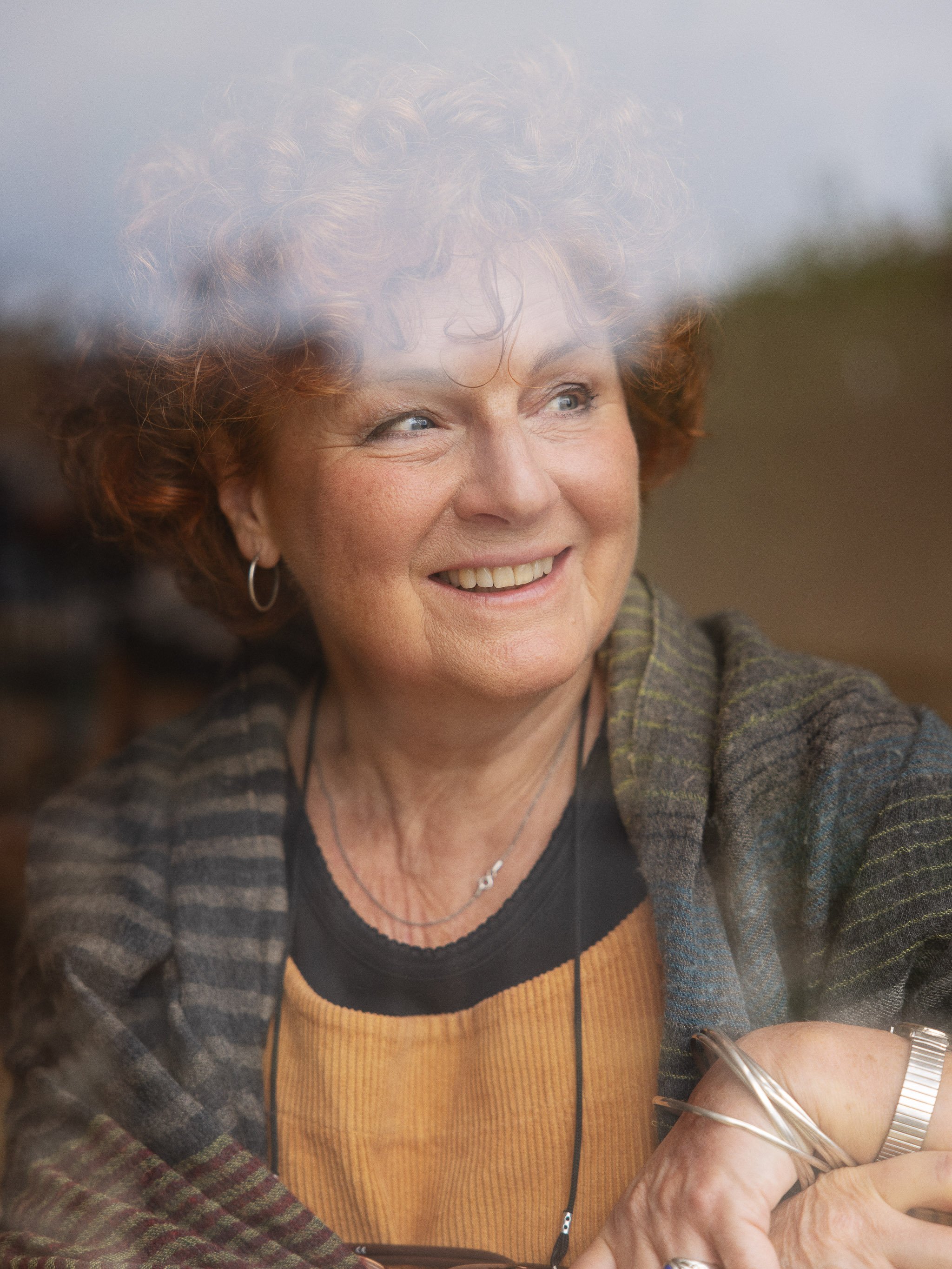
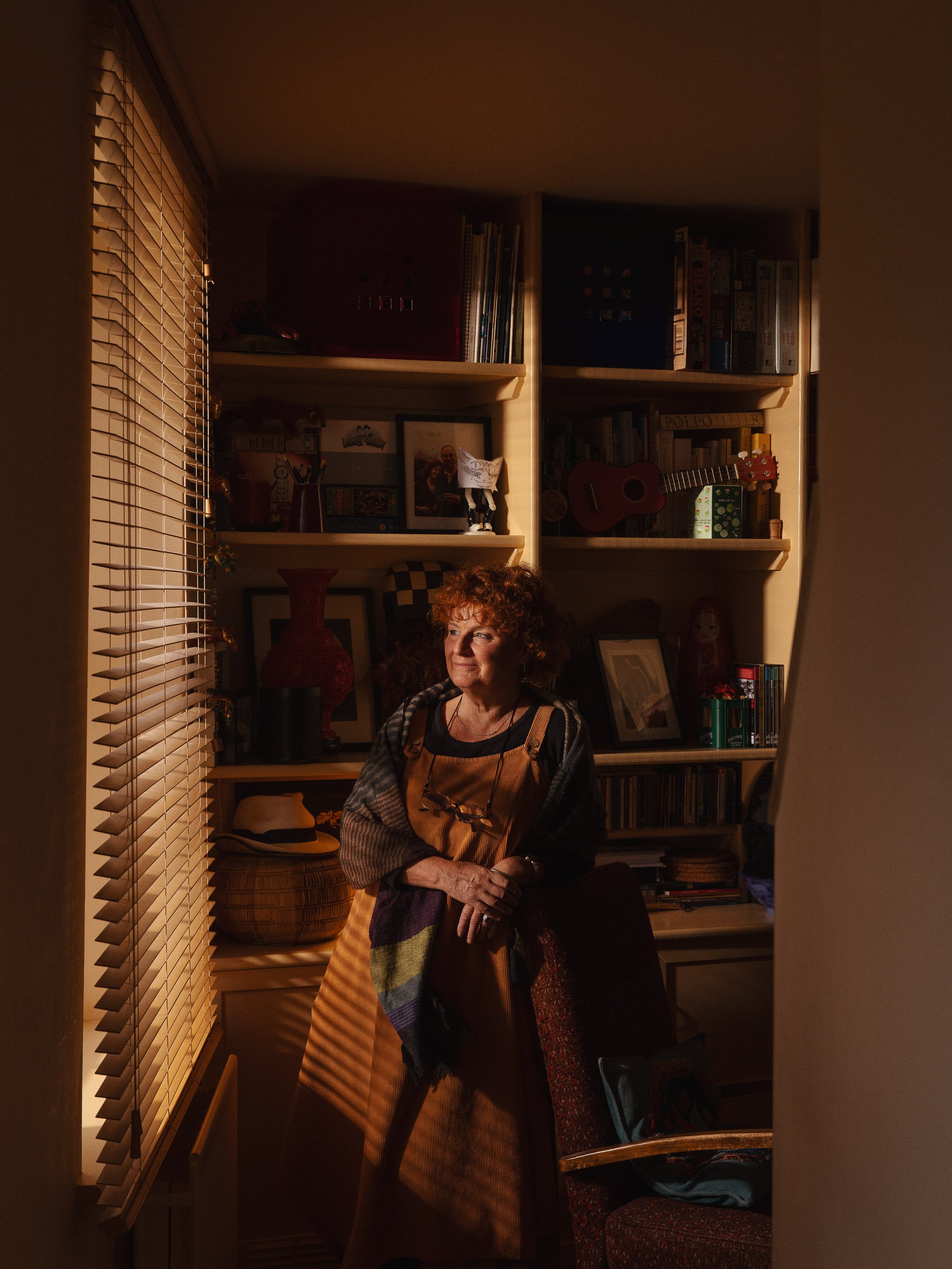
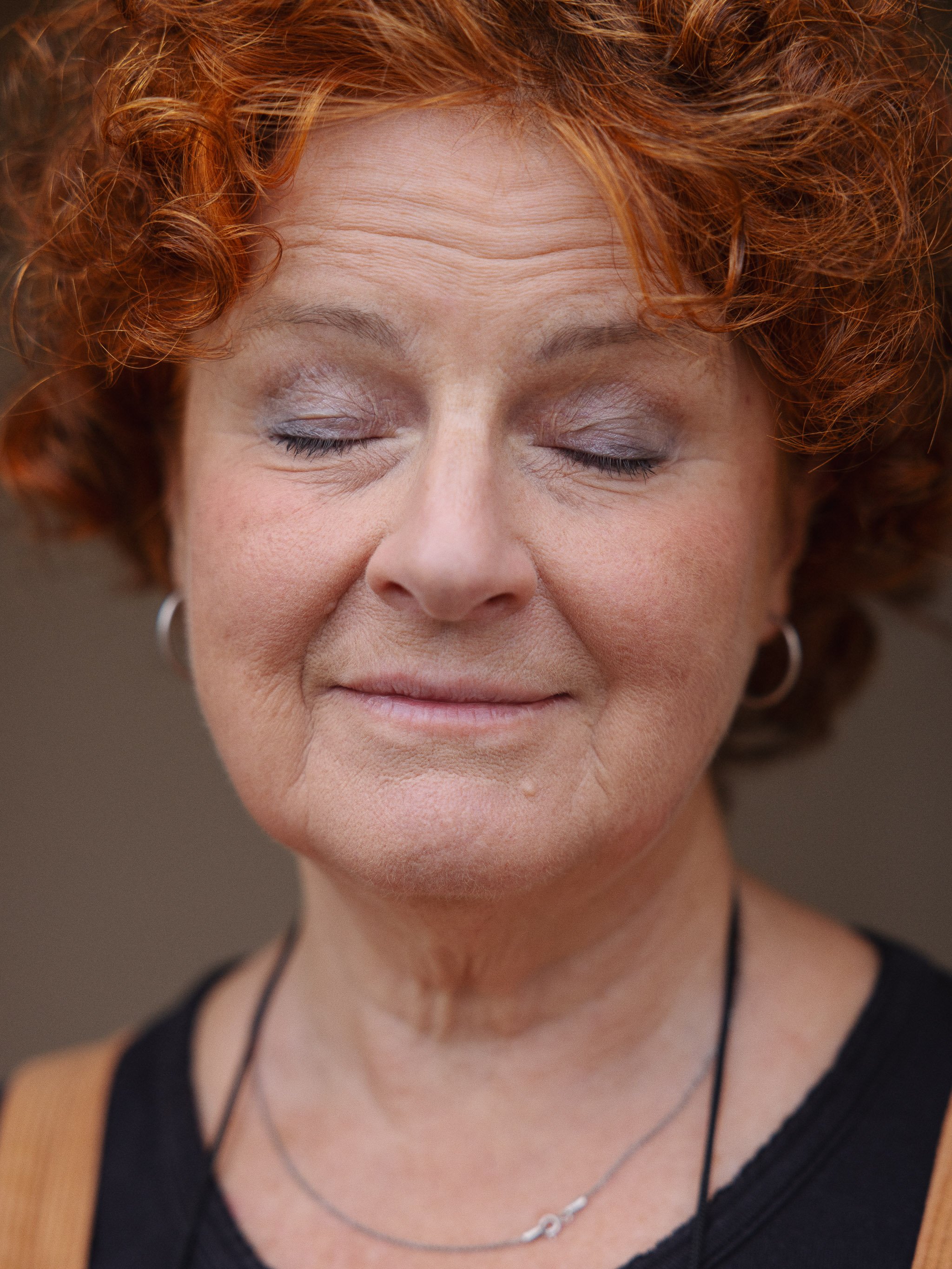
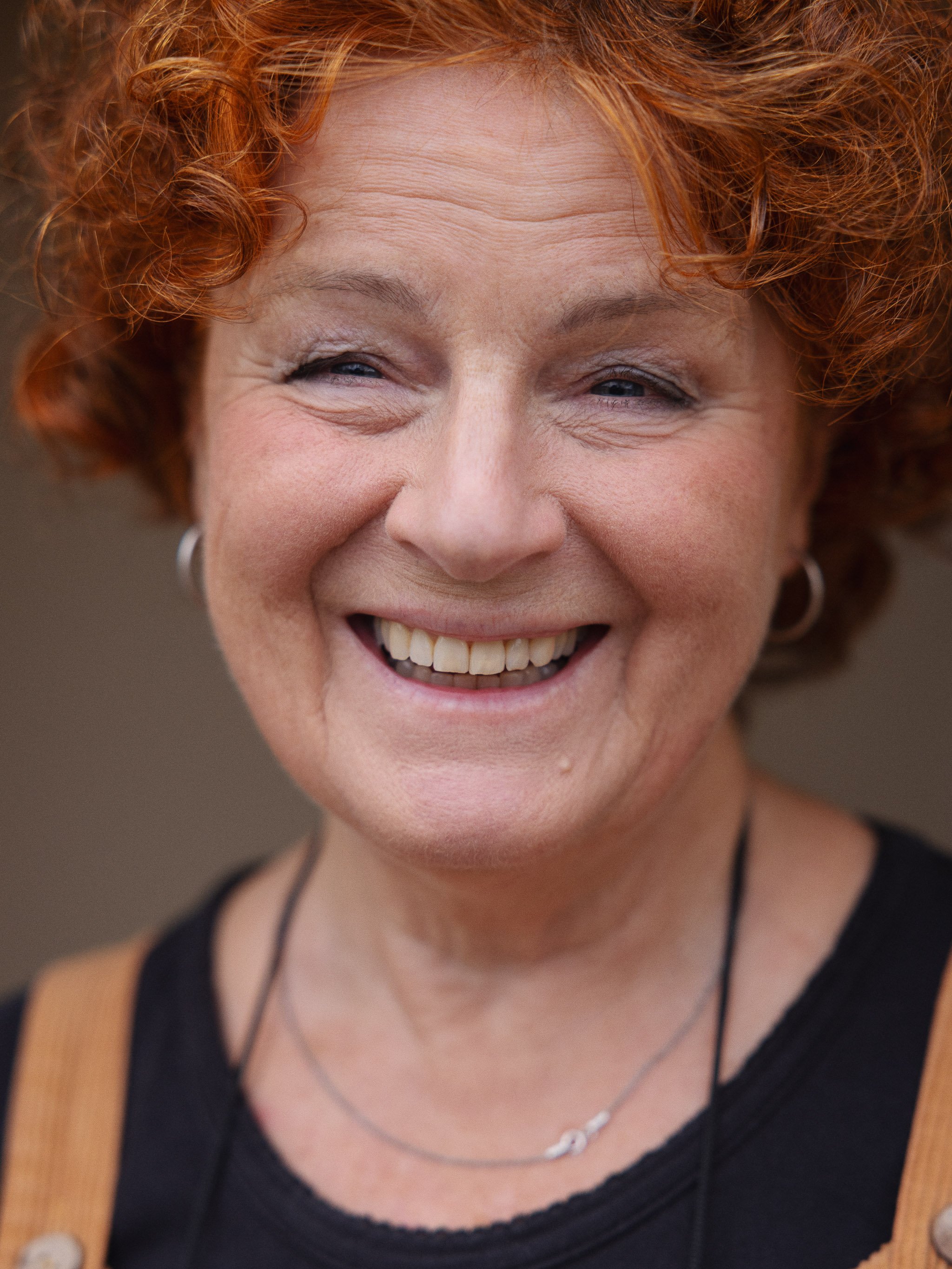
Founded in 1999, Mslexia focuses on supporting women writers to find their voice, hone their skills and get the literary recognition they deserve. “Women are really good writers,” Debbie explained: “But there's something in society, or in the literary establishment, that's holding them back.
“Although women are twice as likely to attend a writing course, and twice as likely to study literature at university, they're much less likely to get their books published and to submit their books to be reviewed when they are published. As soon as they try and put that innate skill into practice in terms of a literary career, they're disadvantaged.
“With Mslexia, we just started making a noise. We did what hadn't been done before.”
That noise rang out loud and clear from the start, resonating with thousands of writers from around the world, a wide range of backgrounds and of all levels. Initially launching as a print edition published four times a year, Mslexia has since grown to include a digital platform which offers access to expert talks, literary events and exclusive submission opportunities.
“Women are really good writers but there's something in society, or in the literary establishment, that's holding them back.”
In spite of the rise of the internet, the print editions of Mslexia still make prized collectibles for many readers (including this writer), understandably claiming pride of place on the bookshelves of writing novices and experienced authors across the country and beyond. Debbie proudly displayed the newest issue on her desk, emblazoned with the large white cursive font that Mslexia is currently known for.
One of the strengths of Mslexia, and undoubtedly one of the reasons it has stood the test of time, is its ability to evolve with the world around it - something which Debbie has consistently championed. “We change every time the world changes,” she said, “Around every four years, we change the design, the contents, the contributors - we change everything, just to keep it fresh.”
As well as providing writers with resources to learn new techniques and tap into creative ideas, Debbie is incredibly passionate about demystifying the publishing world, drawing on her literary credibility to explore both the visible and hidden barriers that women face when it comes to writing. As well as holding regular salons featuring talks from renowned authors and publishers, the magazine also delves into the problems facing its subscribers and pushes for change.
“We've done at least 15 surveys with our readership over the past 25 years to find out what obstacles they face when it comes to writing,” Debbie said, “We ask questions like how much time do you spend writing? Have you ever started a novel? Why didn't you finish your novel? What's your main distraction? Are you in a relationship? Do you find your relationships helpful? Have you ever been in the writing course? All of those kinds of questions.”
“We also published an article about submitting and rejection by a psychologist, who pointed out that rejection is something that happens automatically if you're a writer.
“She referenced existing research which shows that rejection is harder for women, because they take it to heart. They tend to see rejection as being as rejected themselves rather than rejecting that piece of work on that day, by that person. When we published that, it touched a nerve with lots of people.”
By highlighting this issue and collating Mslexia’s own survey responses, Debbie was able to influence significant changes in the industry: “We came up with a code of practice that The Society of Authors has now published, to try and get the people who are receiving submissions to treat the writers with a bit more respect.”
“Creative writing is a place of vulnerability, it really is. There’s nobody looking out for these women who go on writing courses.”
There’s no doubt that Debbie’s psychology expertise appears to give her a valuable perspective into the effect that writing can have on mental wellbeing; the feelings it can bring to the surface and the freeing joy it can unlock. Through the work of Mslexia she has been able to give writers an emotional outlet as well as practical support.
“At our Mslexicon women’s writing weekend, people were in tears about the sense of community they felt, and the sheer quality of the workshops. It was extraordinary,” she explained, “And when we run our online writing courses we have a counsellor on hand, because writing classes can be challenging.”
Almost a quarter of a century after it began, the magazine doesn’t plan on going anywhere anytime soon. With over 50,000 followers, Mslexia appears destined to continue on its upward trajectory, metamorphosing into new shapes with each new wave of budding writers and constantly striving to level the playing field for literary women.
For Debbie, creating a space of safety for women writers is a lifelong mission. “Creative writing is a place of vulnerability, it really is,” she explained, “There’s nobody looking out for these women who go on writing courses.
“One of my big ambitions is to do much more outreach work with marginalised women, to create a bank of approved facilitators to be able to send out into communities.”
As for her own creative process, Debbie is a writer who gains enrichment from what she gains from others, as well as what she creates for herself. “I read all the time: read The Guardian, listen to the radio, read on my Kindle, read hardback books. I read constantly,” she explained.
“The world of words is to encapsulate your own experiences, thoughts and imagination in a way that you can share with somebody else.
“The reason I wanted to be a writer, and why I am a writer, is because I get that from all of the other writers. That's what reading gives you: somebody sharing their knowledge and their insights and their imagination with you. That's so exciting.”
Learn More





